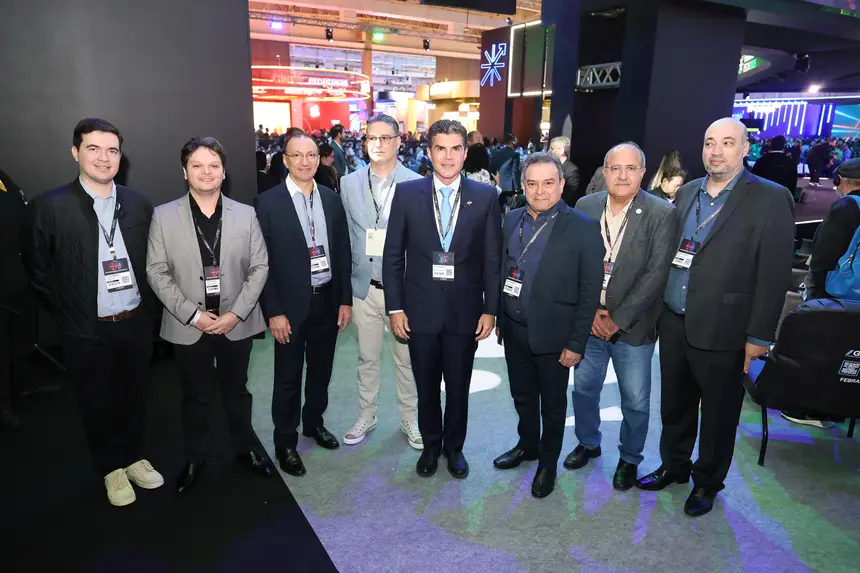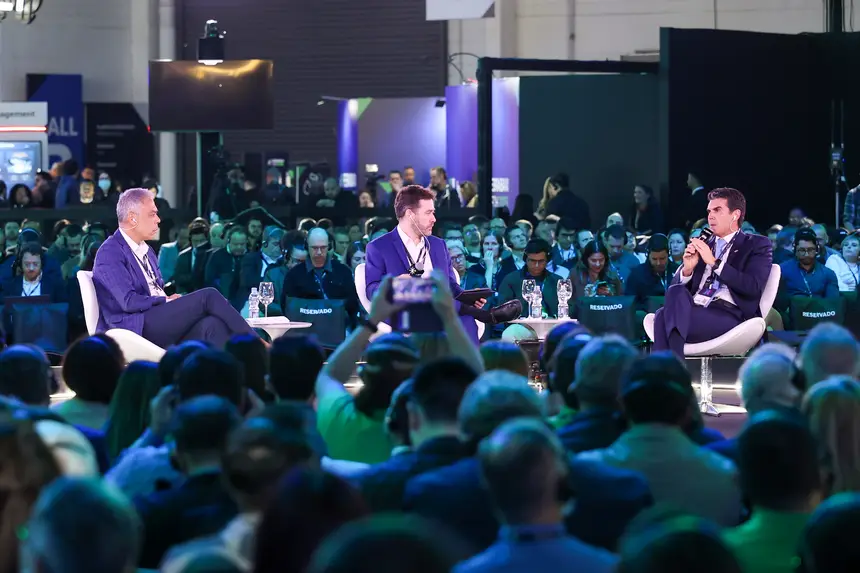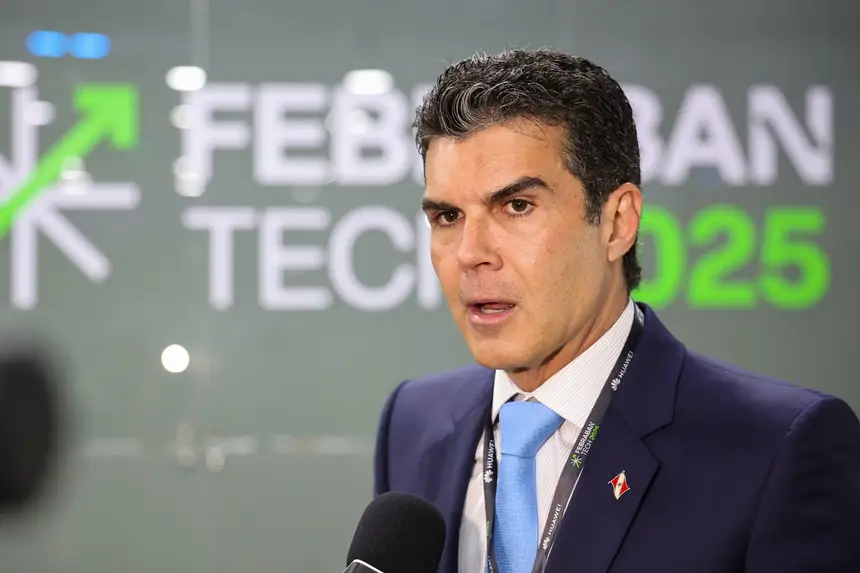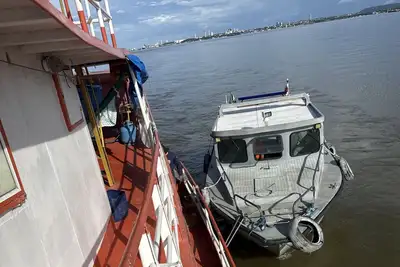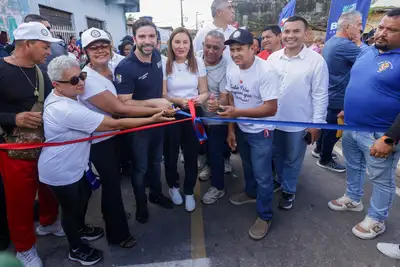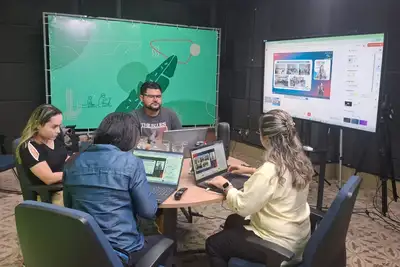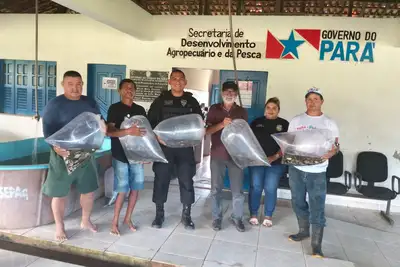In the Amazon, we will build with all Brazilians a global call for the transformation of the planet,” says Helder Barbalho
The governor participated in a panel on COP30 in São Paulo and stated that the conference will be an opportunity to build solutions for the transformation of the planet

The governor of the State, Helder Barbalho, stated this Wednesday (11) that the next United Nations Climate Change Conference, COP30, which will be held in Belém, will be an opportunity to build solutions for the transformation of the planet, in a process that he defined as "a global call".
In his participation at Febraban Tech, the main annual congress on technology and innovation in the financial sector, focusing on strategic positioning in Latin America, the governor also highlighted environmental and climate policies that have been transforming the history of Pará and contributing to a change in the use of land and forest resources, a process whose results have been gaining national and international prominence.
Helder Barbalho participated in the panel "COP30: Brazil at the center of the green transformation," alongside the president of the Amazon Bank, Luiz Lessa, and the executive director of Sustainability, Financial Citizenship, Consumer Relations, and Self-Regulation of the Brazilian Federation of Banks (Febraban), Amaury Oliva.
During his speech, the governor emphasized the strategic role that Brazil can play in the global scenario. "Allowing Brazil to be a global leader, not just in speech, but in strategies that can ensure leverage, stimulating a window of opportunities for new businesses," he stated. According to him, the world is seeking economic alternatives aligned with combating climate change, and the financial system must be "a driver of this process."

The head of the State Executive reinforced the repercussions of the effects of climate change, emphasizing that what happens in the Amazon rainforest directly impacts large urban centers, such as São Paulo, and that this awareness needs to be internalized if Brazil wants to be a global authority on the subject. "Climate justice needs to be accompanied by social justice. Only then can we care for the people who live under the canopy of the trees," he stated.
Pioneering - The governor also highlighted Pará's pioneering efforts in including environmental education in the curriculum of state schools, with the aim of "generating a culture of awareness." According to him, the State has already established clear goals for reducing emissions and has been investing in a low-emission economy. "It is not possible to promote economies that directly impact the environment," he said. For the governor, the change also needs to be economic: "those who do not understand through awareness will understand through economic change," he stated.
Helder Barbalho advocated for mechanisms such as the REDD+ Jurisdictional System, Payment for Environmental Services, and the Sustainable Livestock Program, through which the State is already tracking its herd, as tools to value the living forest. "We will only win and leave a legacy if at the end of COP the living forest can be worth more than the dead forest," he stated. The governor also mentioned the agreement for raising REDD+ resources, carried out by Pará — 12 million tons — as an example of Pará's potential as a global model.
Helder Barbalho defended the strengthening of the bioeconomy, with value addition in productive chains such as pharmaceuticals, cosmetics, and food. He also mentioned the encouragement of sustainable production of grains, cocoa, and açaí, reconciling agriculture, livestock, and forest as a way to combine productivity and environmental preservation.

Collective call - Finally, the governor made a collective call. "I would like, in this closing, to invite everyone, to invite Brazil, to live this moment. The COP is not from Belém, the COP is not from the Amazon, the COP is from Brazil, it is from the world. What will happen in Belém will resonate in the lives of all of us, in the business activities that are affected by climate impacts."
According to him, the biggest challenge and also the greatest opportunity of COP30 is to ensure that the event is not just another conference, but a concrete milestone. "The COP of implementation, let it be less speech, less signing of commitment terms, and more effective actions from the major global powers, which are the largest emitters," he concluded.




